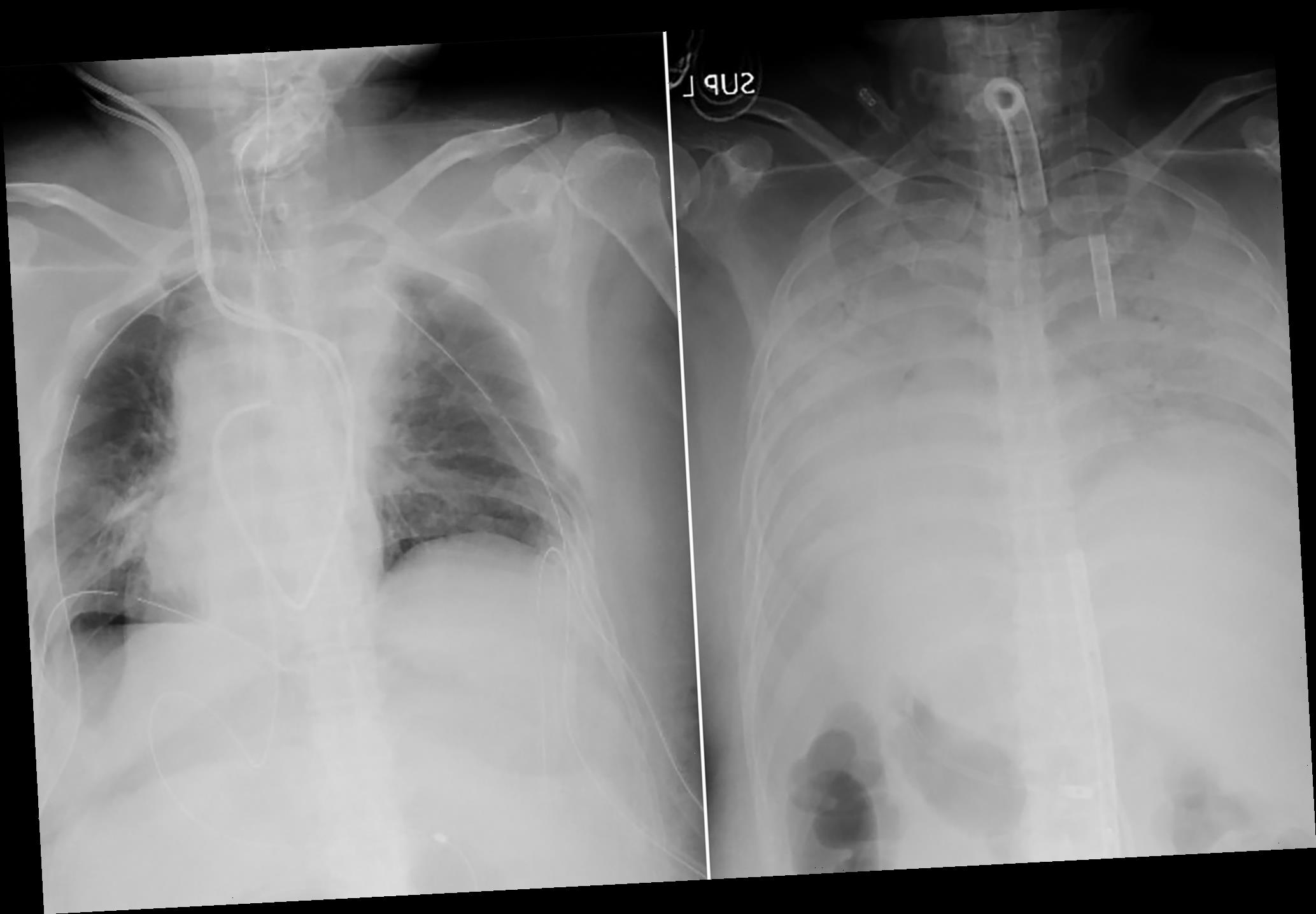More On:
transplants
Woman gets liver transplant after $60 nose piercing goes horribly wrong
See singer belt out a song for first time after double lung transplant
Michigan woman dies from COVID-19 after lung transplant: study
He’s a new man! Disfigured NJ car wreck victim’s remarkable results after historic transplant
A Japanese woman has become the world’s first living lung transplant recipient as part of her recovery from severe COVID-19 illness.
A team of 30 surgeons and medical staff assisted in the 11-hour operation, which took place at Kyoto University Hospital on Wednesday. The woman from Kansai, whose name was withheld in the announcement, Associated Press has reported, had received lung tissue from both her husband and son.
Many coronavirus patients have received traditional lung transplants from brain-dead organ donors as a result of severe respiratory complications from the deadly disease. However, this case would be the first in history to successfully transfer lung tissue from living donors into the recipient.
Despite the risks associated with decreased lung capacity, the husband and son made the now-historic decision to give parts of their own lungs to their loved one.
“I think there is a lot of hope for this treatment in the sense that it creates a new option,” said Dr. Hiroshi Date, the surgeon who led the groundbreaking procedure, in a statement to Kyodo News.
The woman became sick with COVID-19 late last year, according to Kyoto University Hospital, and developed a case of pneumonia that caused her lungs to shrink and tissue to harden, altogether destroying function. She spent months attached to life support that performed the work of a lung.
Physicians eventually determined that the risk of coronavirus transmission from the patient to surgeons was low — that’s when they decided to explore transplantation
Now, her husband and son are in stable condition as they heal from surgery, while the woman remains under close watch in the intensive care unit. She is expected to make a full recovery and be discharged in about eight weeks, the hospital said.
It’s taken years of development by Kyoto University researchers to make this breakthrough procedure viable, which has the potential to extend the lives of otherwise unviable transplantation candidates, such as those who would be too ill to wait for a lung from recently deceased donors.
Share this article:
Source: Read Full Article






